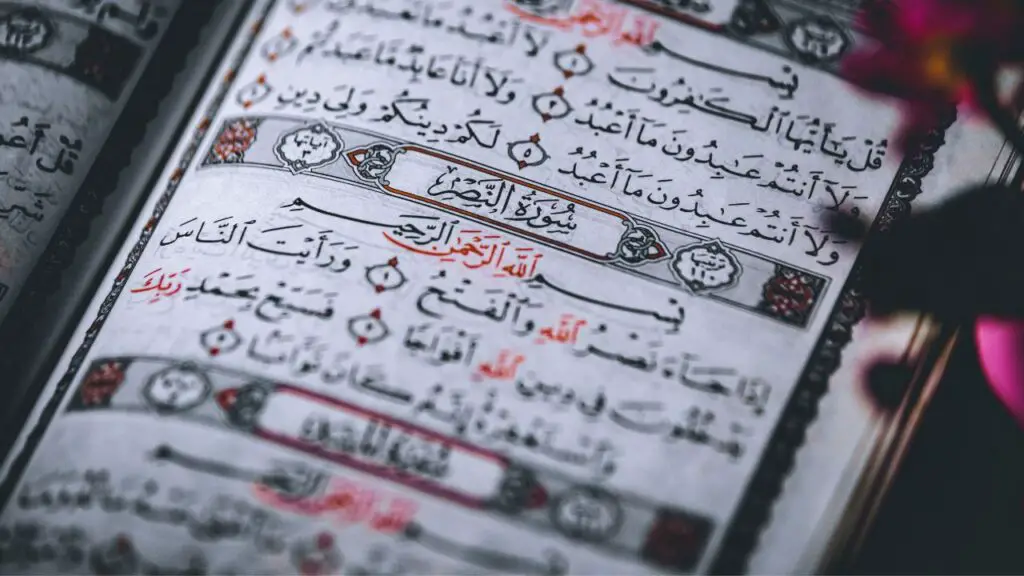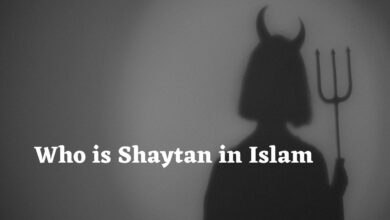How many Versions of the Quran are there?
The Various Versions of the Quran: An Insight into Their Significance


Introduction
The Quran, the holy book of Islam, is believed to be the word of God as revealed to the Prophet Muhammad. It is revered by over a billion Muslims worldwide as a guide for spiritual and moral living. Throughout history, the preservation of the Quran’s original text has been a paramount concern for Muslims, leading to rigorous efforts to maintain its integrity. However, the question of how many versions of the Quran exist remains a topic of debate among scholars. In this article, we will delve into the concept of Quranic versions, exploring various aspects of its preservation and the reasons behind the existence of multiple versions.
The Preservation of the Quran
The preservation of the Quran’s original text has been a remarkable endeavor undertaken by early Muslim scholars. Soon after the death of Prophet Muhammad in 632 CE, a consensus emerged among the Islamic community to preserve the Quran’s recitation and writing. To achieve this, various methods were employed:
- Oral Tradition: Initially, the Quran was transmitted orally, with devout Muslims memorizing and reciting it with precision. This practice continues to this day, as millions of Muslims commit the entire Quran to memory, ensuring its preservation.
- Written Compilation: The companions of Prophet Muhammad wrote down the verses on various materials such as parchment, leather, and palm leaves. These fragments were compiled into a single book during the caliphate of Uthman ibn Affan (644-656 CE) to prevent discrepancies.
- Uniform Script: Uthman ordered copies of the Quran to be distributed to different regions, ensuring that the text was uniformly written and standardized across the Islamic world.
The Quranic Versions
Despite the rigorous preservation efforts, the existence of different versions of the Quran is a reality. However, it is essential to differentiate between versions that arose due to discrepancies and those resulting from various historical script styles and dialects.
- Dialectical Variations: As the Quran was initially revealed in the Arabic language, regional dialects influenced its pronunciation. These variations were not deemed significant enough to alter the meaning, as they merely affected the pronunciation of certain words.
- Script Differences: Over time, different scripts were used to transcribe the Quran, leading to slight differences in appearance. These differences were generally superficial and did not impact the content or meaning.
- Recitation Styles: Quranic recitation (Tilawah) has various traditional styles, each with its unique cadence and emphasis. These recitation styles often lead to minor differences in pronunciation, but they do not alter the core message of the Quran.
- Historical Manuscripts: Ancient copies of the Quran, preserved in museums and libraries, may show minor variations in phrasing or word order. However, these variations have not altered the Quran’s central teachings.
Conclusion
While the existence of various versions of the Quran might lead some to question its authenticity, it is crucial to understand the context behind these differences. The Quran’s preservation has been meticulously guarded, and any variations found are mainly related to script styles, recitation practices, and regional dialects.
Despite the apparent differences, the message and content of the Quran have remained consistent across its versions. Muslims continue to revere and follow the Quran as the ultimate source of guidance and spiritual inspiration.
In conclusion, the existence of multiple versions of the Quran does not undermine its authenticity. On the contrary, it reflects the deep commitment of Muslims to preserve and protect the divine word, ensuring that its message remains pure and unaltered for generations to come.
How many Versions of the Quran are there?
There is only one version of the Quran, and it is the same throughout the world. Muslims universally believe that the Quran is the literal word of Allah, revealed to the Prophet Muhammad (peace be upon him) over 1,400 years ago. As such, there is no variation or different versions of the Quran.
Are there different translations of the Quran?
Yes, there are various translations of the Quran into different languages. Since the original Quran is in classical Arabic, translations are made to enable non-Arabic speakers to understand the message of the Quran in their native languages. However, it is essential to note that translations are not considered the Quran itself, but rather interpretations of its meanings.
Why are there no different versions of the Quran?
The Quran is considered to be preserved and protected by Allah Himself. Muslims believe that the Quran has remained unchanged since its revelation, as promised by Allah in the Quran itself (Surah Al-Hijr 15:9). Throughout history, there have been numerous efforts to ensure the preservation of the Quran, and its text has been transmitted through an unbroken chain of memorization and written documentation.
Are there any variations in the recitation of the Quran?
While there are differences in the way the Quran is recited due to different dialects and accents, these variations do not affect the meaning or content of the Quran. The seven well-known modes of recitation (Qira’at) are recognized as legitimate ways to recite the Quran, and they do not alter the text itself.
What about historical claims of different Quranic versions?
Some historical claims have been made regarding different versions of the Quran. However, these claims have been thoroughly examined and refuted by Islamic scholars and historians. The Quran’s preservation has been meticulously documented and scrutinized, leaving no room for doubt about its authenticity and singular version.
Are there any deviations in the content of the Quran?
No, there are no deviations in the content of the Quran. The Quran remains unchanged in its entirety, and its teachings and messages have remained consistent over time. Muslims worldwide recite the same words of the Quran in their prayers and daily readings, irrespective of their cultural or geographical backgrounds.
How can one be sure of the Quran’s preservation?
Muslims believe in the divine promise of Allah to safeguard the Quran from any corruption. Additionally, historical records, oral transmission, and written manuscripts dating back centuries attest to the Quran’s preservation. The Quran’s unity and coherence across different regions and centuries provide further evidence of its authenticity.
Is the Quran accessible to non-Muslims?
Yes, the Quran is accessible to non-Muslims through translations and interpretations. Many academic editions of the Quran come with translations and explanations to help readers understand its message, regardless of their religious background.
Can the Quran be memorized by anyone?
The memorization of the entire Quran is a challenging but highly revered endeavor for Muslims. While not everyone may memorize the entire Quran, many Muslims worldwide commit portions or selected chapters to memory. Memorizing the Quran is considered a noble achievement and is highly encouraged in Islamic tradition.
How can I learn more about the Quran’s teachings?
To learn more about the Quran’s teachings, one can read translations and interpretations of the Quran, attend study circles, and seek guidance from knowledgeable scholars and teachers. Additionally, learning classical Arabic can help in understanding the Quran directly without relying solely on translations.





